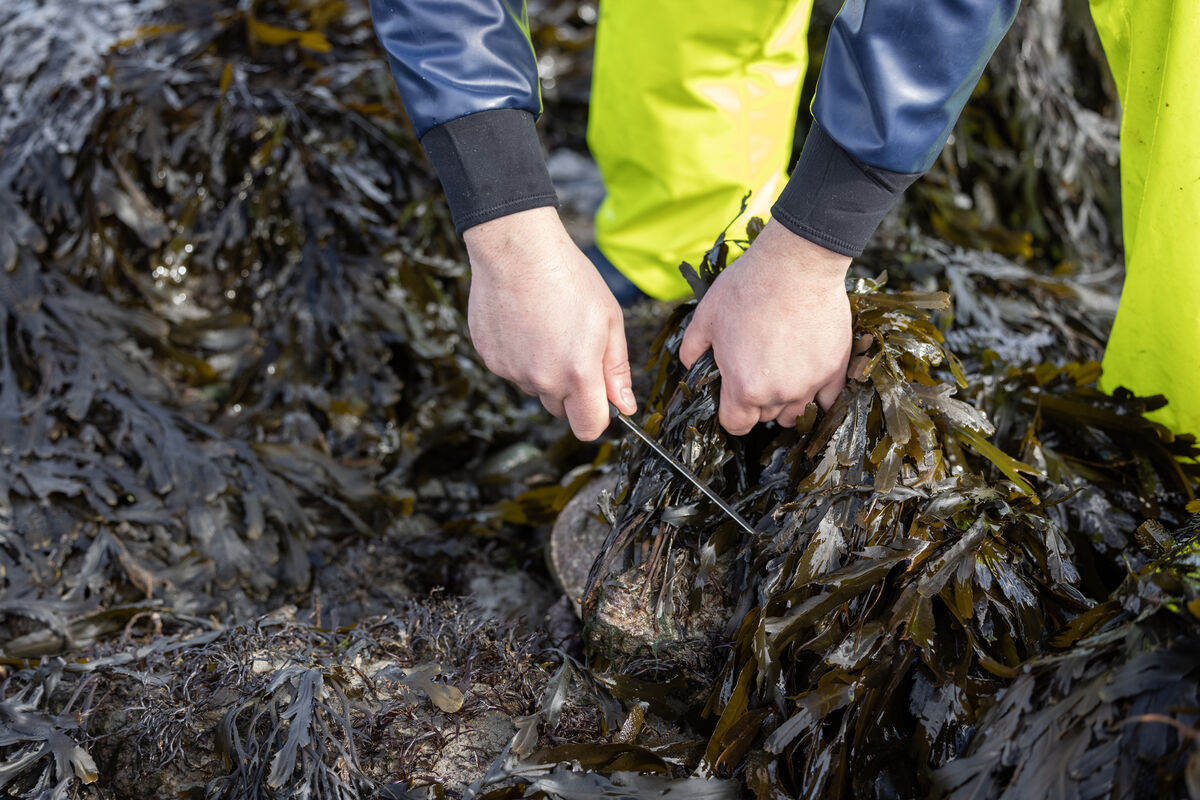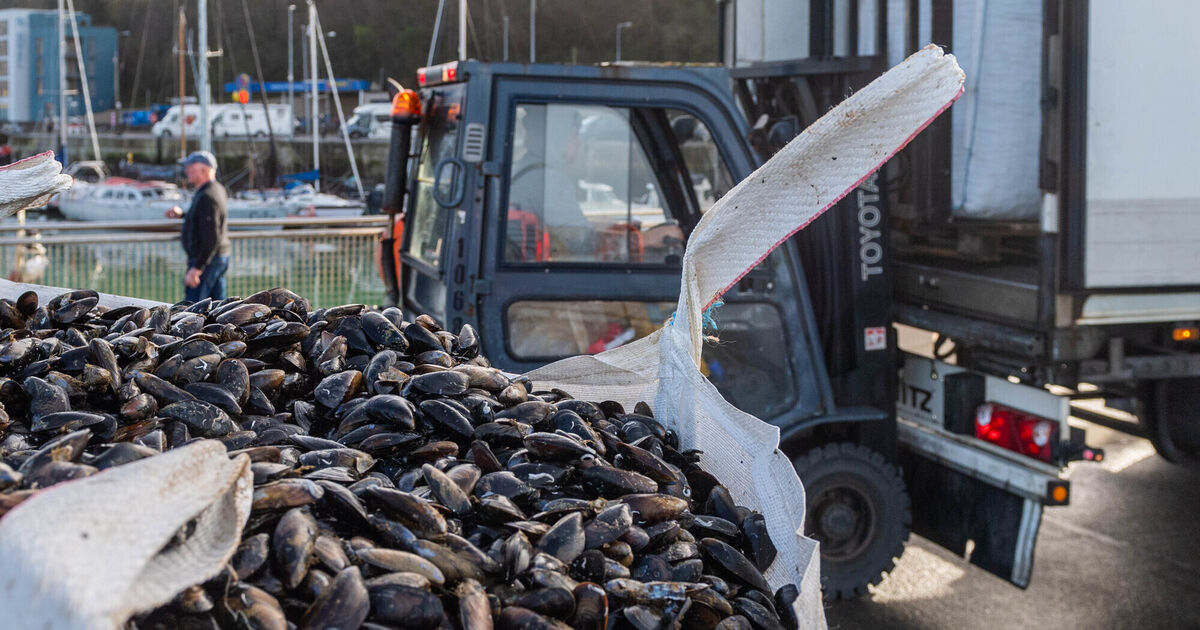The lyrics from the 1960s ballad — ‘The sea, oh the sea, is a sure guarantee some hour we’ll be free/Thank God we’re surrounded by water’ — carries a significant economic weight in the Ireland of 2025.
Ireland’s ocean economy achieved a turnover of €6.5bn in 2023, contributing €2.7bn in gross value added and supporting in excess of 39,000 jobs.
According to the report published by the Marine Institute, in partnership with the University of Galway’s Socio-Economic Marine Research Unit, over the five-year period from 2019 to 2023, turnover increased by 20%, GVA rose by 31%, and employment grew by 8%, demonstrating the resilience and steady expansion of the country’s marine industries.
“This report not only highlights the impressive economic contributions of Ireland’s marine industries but also underscores their strategic importance in shaping a sustainable future for our country,” said Dr Rick Officer, chief executive of the Marine Institute.
The report highlights the ongoing resilience of Ireland’s marine industries in navigating global economic challenges and adapting to evolving policies on sustainability and climate action.
“It is clear from the data and trends that there is a continuing post-pandemic recovery across most sectors,” commented Professor Stephen Hynes, director of the Socio-Economic Marine Research Unit at the University of Galway.
This remains a period of transition for Ireland’s ocean economy as marine industries innovate and respond to new policies and opportunities aimed at addressing the climate and biodiversity crises.
Oceans need stronger protections and governance to ensure the blue economy can grow fairly and sustainably in the face of climate change, territorial disputes and other threats, according to a report published this week by the Organization for Economic Cooperation and Development (OECD).
The ocean economy expanded to €2.3trn in 2020, and if historical trends continued “it could be four times larger by 2050”.
However, the report cautioned that “various forces could slow or even reverse growth by 2050 if no policy actions are taken”. Population growth, environmental pressures and technological advances were listed among the factors to shape the ocean economy’s future potential.
Tourism and offshore oil and gas extraction generated about two-thirds of total gross value added over the 25-year period 1995 to 2020, and supported more than 100m full-time jobs.
“If considered a country, the ocean economy would be the world’s fifth-largest economy in 2019,” the OECD said.
But the combination of territorial disputes, countries making overlapping claims, and the growth of illegal activities have all contributed to the rise of a “dark ocean economy”.
 Seaweed farming requires no freshwater or additional fertilisers and has far less environmental impact than land-based agriculture or other forms of aquaculture. File picture: Karen Cox
Seaweed farming requires no freshwater or additional fertilisers and has far less environmental impact than land-based agriculture or other forms of aquaculture. File picture: Karen Cox
It added these “powerful forces” had driven a policy response from governments, but “while progress has been made, many challenges remain”. The report concluded “further action is needed” to foster international cooperation and governance mechanisms to ensure a productive and sustainable economy.
One example of the significant potential offered by the ‘blue economy’ was the recent launch of the Irish Seaweed Association in Trinity Business School — hailed as a milestone in Ireland’s commitment to regenerative ocean farming and the development of a sustainable blue economy.
Maris Stulgis, policy officer at DG Maritime Affairs and Fisheries at the EU Commission, emphasised the importance of moving towards a “regenerative blue economy” — an economic model that combines rigorous and effective regeneration and protection of the ocean and marine and coastal ecosystems, with sustainable sea-linked and low-carbon economic activities, and fair prosperity for people and the planet, today and tomorrow. Compared to Ireland’s fish and shellfish aquaculture, it is a relatively small sector.
But there is growing interest, particularly from younger generations, in the future potential of seaweed, as well as deepening understanding of its environmental and ecological benefits.
Seaweed farming requires no freshwater or additional fertilisers and has far less environmental impact than land-based agriculture or other forms of aquaculture. When practised sustainably, seaweed farming could even help improve local habitats, biodiversity and water quality.
